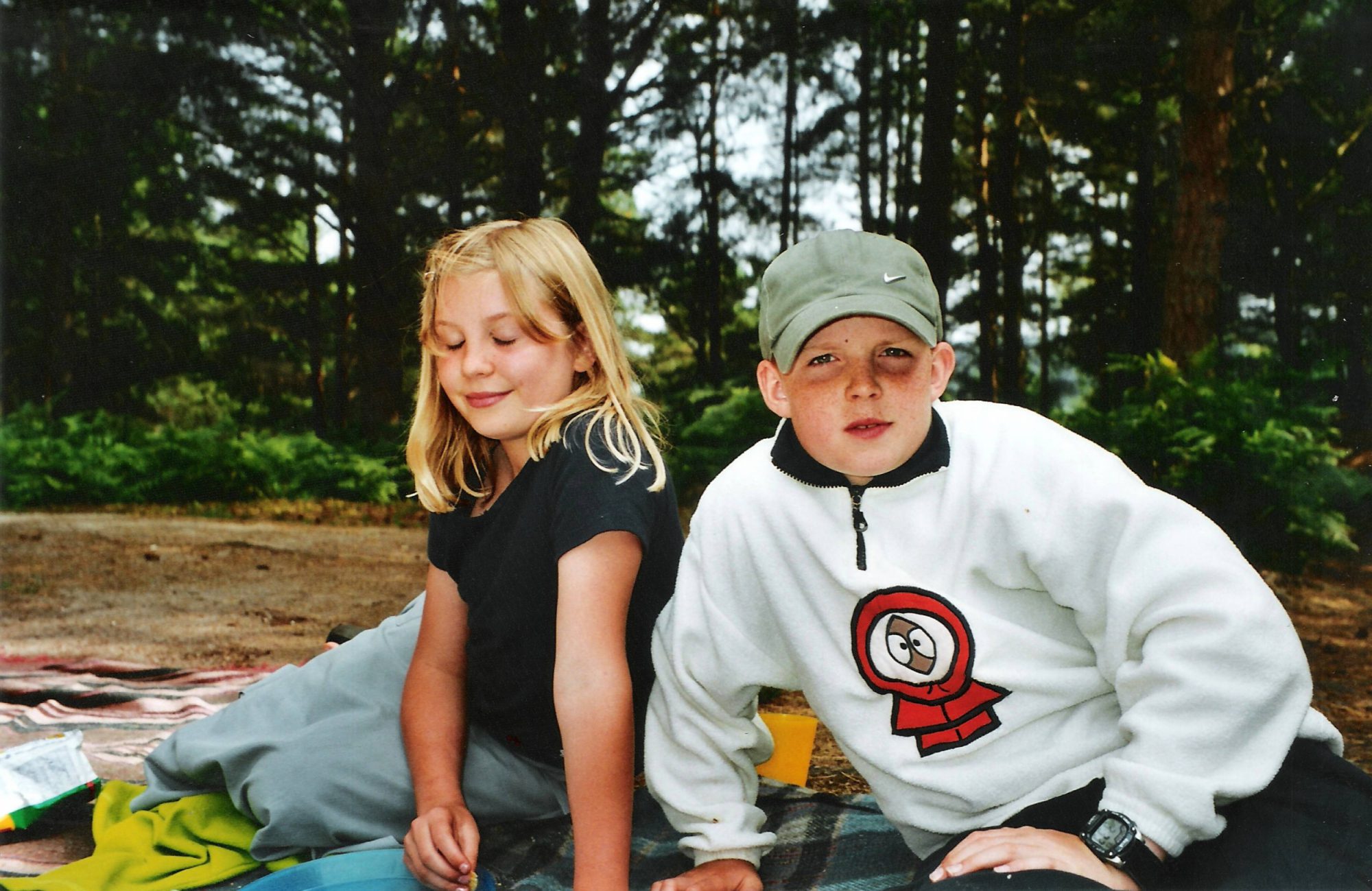Julia Samuel,that name has popped up in my life a lot.
John has met her , my dear friend received counselling from her ,she is co founder of CBUK, something she said on her Desert island Discs really upset me and there she is today on the front of the Guardian’s Family Section speaking very good sense and telling us to talk honestly. This is a snapshot of what she says in her new book ‘ Grief Works ‘ …..
”If you ignore grief and push it down, you can live and even function, but you will live a very narrow emotional life
But there is a paradox at the centre of loss, and it is this. Grief is the most intense pain there is, and we will do anything to avoid pain. So we run away from it; we run away from our own grief, and we run away from others’ grief.
And yet, says Julia, running away from it means we will never recover from it. Embracing it, moving through its agony, and allowing ourselves to just be while it washes over us, is the only way to survive it; because we have to feel the worst of it in order to let it change us, and then we can start to find out who we are going to be in the wake of it.
If you ignore grief and push it down, you can live and you can even function, but you will live a very narrow emotional life because you are using so much emotional energy to cope.
Everything in your psyche will be squashed down, and that means small things can trigger a much bigger kind of effect. The fact is, you have to do the work of grieving. You have to let it run its course. Pain is the agent of change; pain is what allows you to change, it’s what enables you to reach a new reality.”
There are two sorts of loss, says Julia: expected loss ( for example o someone elderly , frail , very ill ) and traumatic loss. ( death of a child ) . At the beginning, and this is especially true of a traumatic loss, the grief is all-consuming: but over time, says Julia, you find you are starting to live again. The mistake some make, though, is believing they can go back to being the way they were.
Some people say, ‘This isn’t going to change us.’ But that’s not how it is: and it’s when you recognise that bereavement is a life-shattering experience, and that you have to grieve and rebuild, that you can move on positively into a new phase of life.
You don’t forget the person who’s gone; you can never do that, and you should not worry that you’re going to. But you fold them, and their loss, into the new person you become; and maybe that, in the end, is the greatest tribute any of us can make to anyone who has died.”

wisw words in deed
interesting. Has she experienced traumatic loss-I assume she has?
That last sentence….boom! Thank you for sharing.